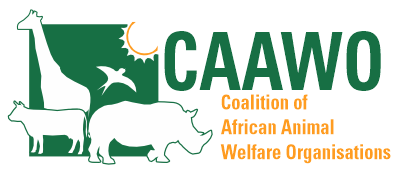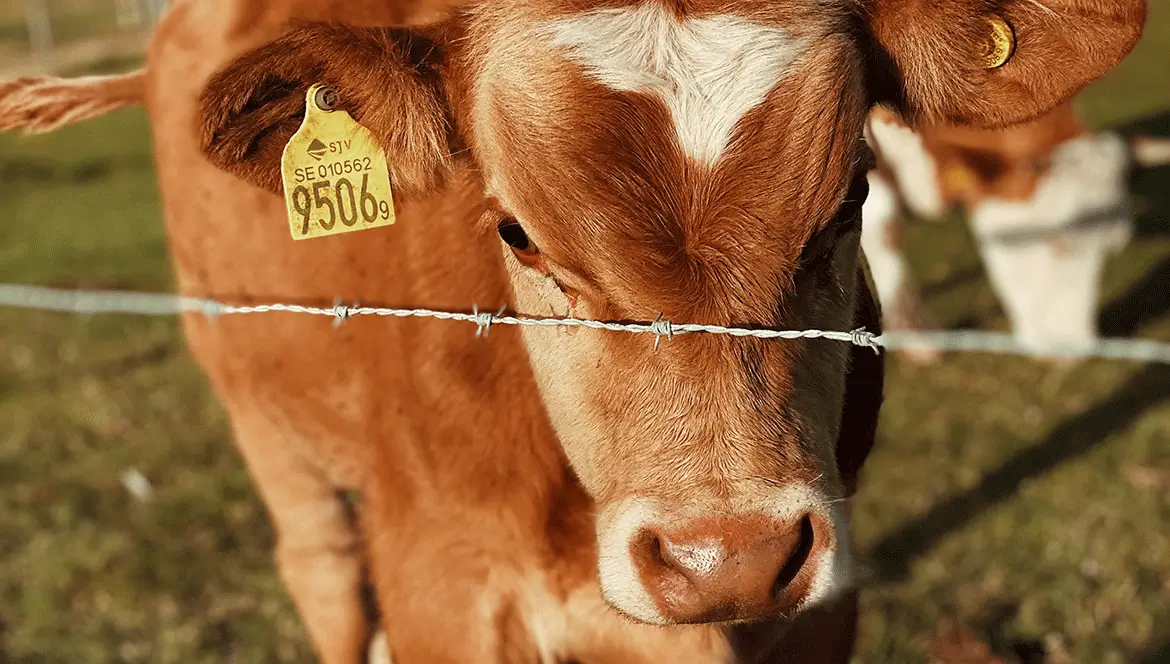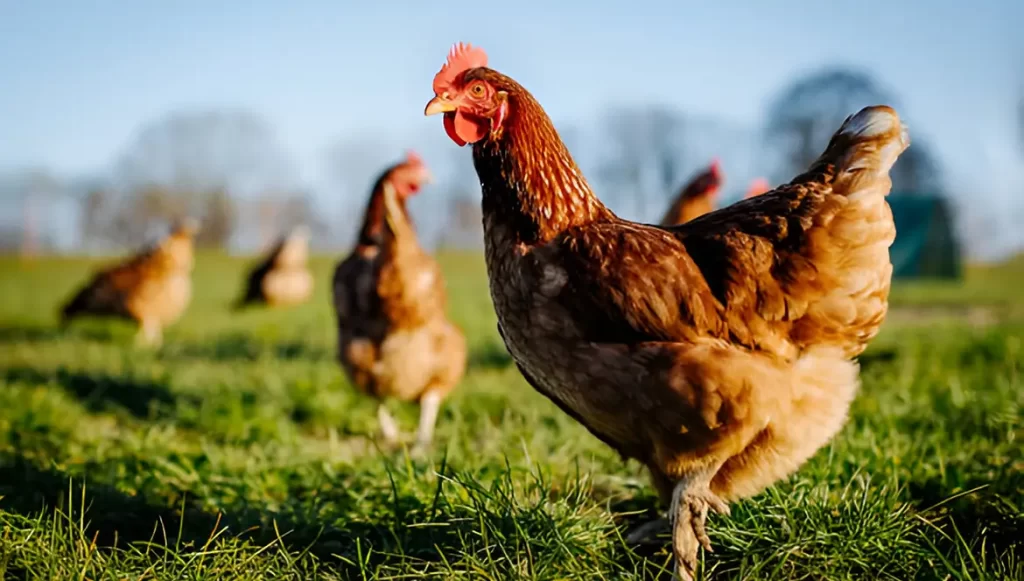On 28 October, we exposed the live export over Eid of tens of thousands of sheep to Kuwait, from a local harbour. Now, with a calendar date of 14 June being declared to bring awareness to the cruelty of this initiative – “Ban Live Exports” International Awareness Day – we look at how countries around the world are standing up and saying “No!” to this alarming practice.
A petition from PETA allows concerned citizens to put action behind their words to “end excessively long journeys for slaughter and fattening”, with Prime Minister Boris Johnson revealing that a live export ban is a distinct possibility in the UK. It is currently under consideration by the Department for Environment, Food & Rural Affairs.
In these COVID-19-tainted times, there are two aspects that make up the outrage that these “death ships” evoke in concerned members of the public and experts worldwide. One is the extreme cruelty that the live animals must endure over the course of their lengthy road and sea transits, which include severely overcrowded conditions, weather extremes, lack of food, water and place to rest.
The secondary aspect, as we have learned from the lack of hygiene now being remedied at Chinese wet markets, is the way in which such cramped and filthy conditions can result in the rampant spread of zoonotic diseases – which can escalate into a devastating global pandemic.
Of interest is the fact that the National Council of SPCAs (NSPCA), on 10 June 2020, secured an urgent interim interdict in the Grahamstown High Court against, inter alia, Al Mawashi and the Kuwaiti company owning the Al Messilah live export vessel. While the case was heard on an urgent basis on 9 June 2020, due to the unscheduled arrival of the vessel in East London, the NSPCA had already laid the groundwork by applying for a 16 July interdict against the above-mentioned parties.
As a result, Al Mawashi and the Kuwaiti company may not transport any of the apparently 70 000 sheep from their feedlot, nor any other livestock from South Africa, until the finalisation of the High Court hearing.
Executive director for the NSPCA, Marcelle Meredith, revealed in a media statement that she and her legal team, Animals Australia and all their supporters were “overjoyed by this victory”, as well as the worldwide “understanding, perseverance and passion” lying behind it – although it was just one battle won in what could be a lengthy war ahead.
Revealing the very global nature of this serious matter, Animals Australia posted on 11 June on their Features Page a triumphant “VICTORY: South Africa’s High Court puts hold on sheep exports!”. Apparently, when the live exporters found that they were barred from loading sheep onto their ships in Australian ports, an empty vessel then made its way to South Africa’s East London harbour.
This second rejection in just a few weeks shows the power of a collaborative effort when it comes to the work of animal anti-cruelty advocates where, most especially in the Northern summer period, live export ships become “floating ovens” according to one damning new report.
According to the director – Regional Coordination at the Coalition of African Animal Welfare Organisations, Tozie Zokufa: “The live export of livestock is an issue with which not even farmers are comfortable. This is one of those cases where economics take centre stage. The government of the Eastern Cape needs to relook/revise their decision to allow this practice to happen.”






